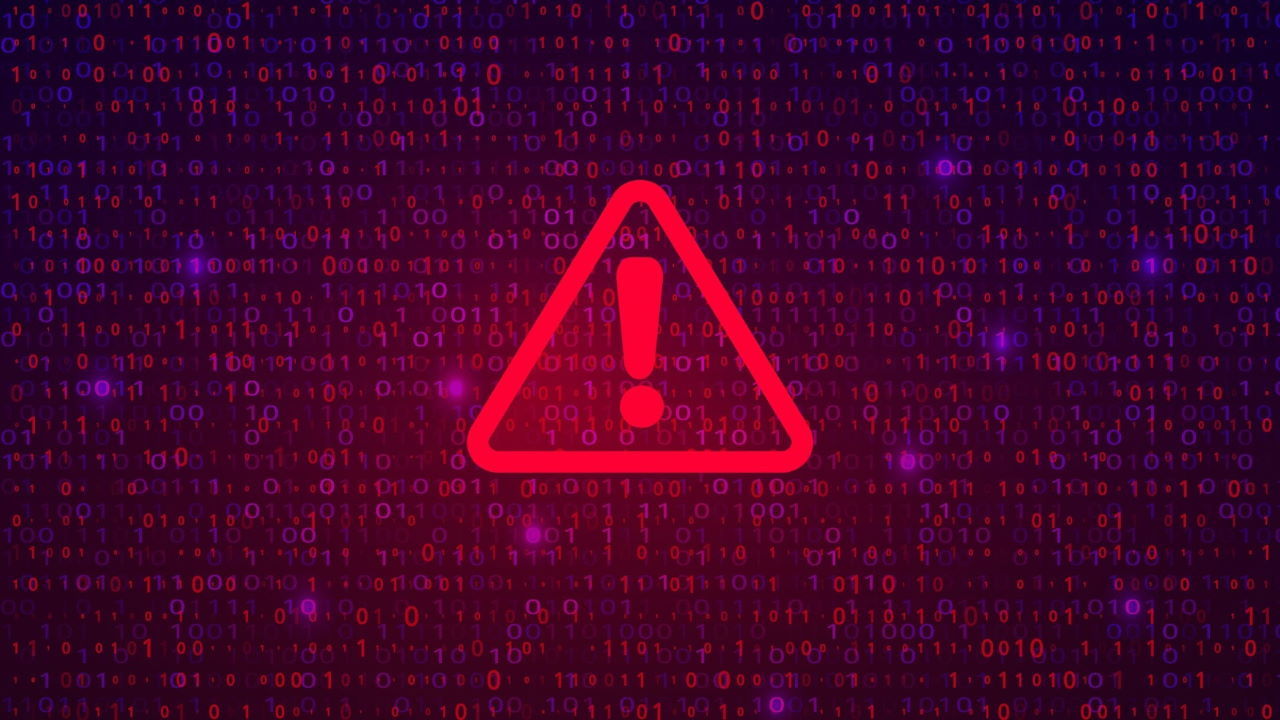Hacktivists yesterday defaced the Russian TV with pro-Ukraine messages and took down the RuTube video streaming site
Hacktivists and white hat hackers continue to support Ukraine against the Russian invasion, in a recent attack, they defaced Russian TV with anti-war messages and took down the RuTube video streaming site.
The attack took place during Russia’s Victory Day, Russians attempting to view the parade were displayed Pro-Ukraine messages due to a cyber attack that impacted the Russian TV listings systems.
According to the BBC, the coordinated attack affected major Russian networks, including Channel One, Rossiya-1, MTS, Rostelecom, and NTV-Plus.
The hackers compromised the Russian TV schedule page and changed the name of every programme to “On your hands is the blood of thousands of Ukrainians and their hundreds of murdered children. TV and the authorities are lying. No to war”
The news of the attack was also announced by Anonymous, but at this time is not clear which group hit the Russian media.
A cyber attack also took offline the Russian video streaming platform RuTube which is considered by Pro-Ukraine hacktivists a crucial component of the Russian propaganda.
According to the company, the threat actors did not access their archive and it is working to restore the platform. On the other side, groups of hacktivists online claim that the Rutube code has been completely removed from the platform and plan to leak it as soon as possible.
Suggest an edit to this article
Go to Cybersecurity Knowledge Base
Got to the Latest Cybersecurity News
Stay informed of the latest Cybersecurity trends, threats and developments. Sign up for our Weekly Cybersecurity Newsletter Today.
Remember, CyberSecurity Starts With You!
- Globally, 30,000 websites are hacked daily.
- 64% of companies worldwide have experienced at least one form of a cyber attack.
- There were 20M breached records in March 2021.
- In 2020, ransomware cases grew by 150%.
- Email is responsible for around 94% of all malware.
- Every 39 seconds, there is a new attack somewhere on the web.
- An average of around 24,000 malicious mobile apps are blocked daily on the internet.




